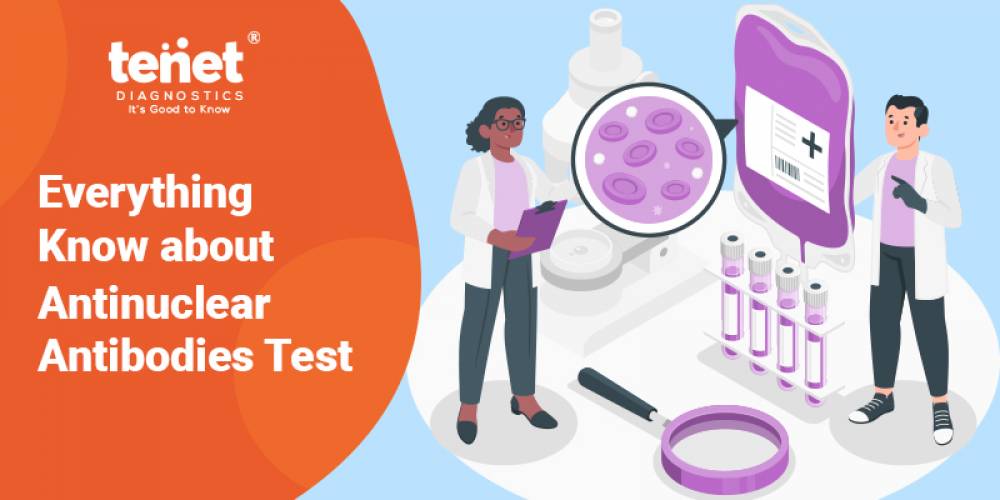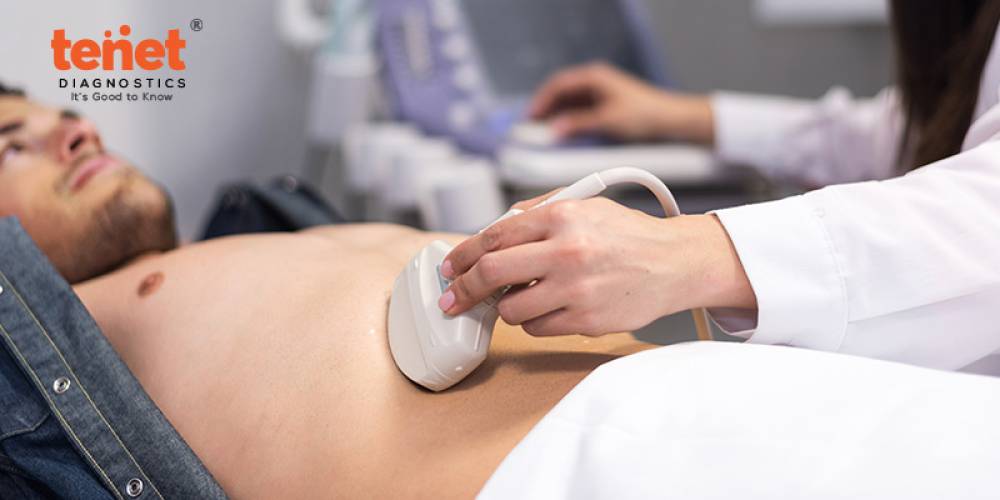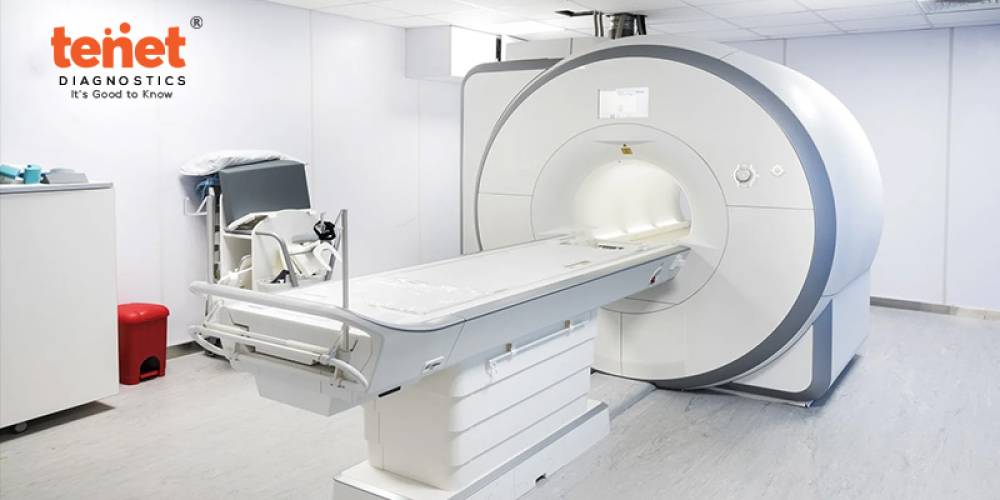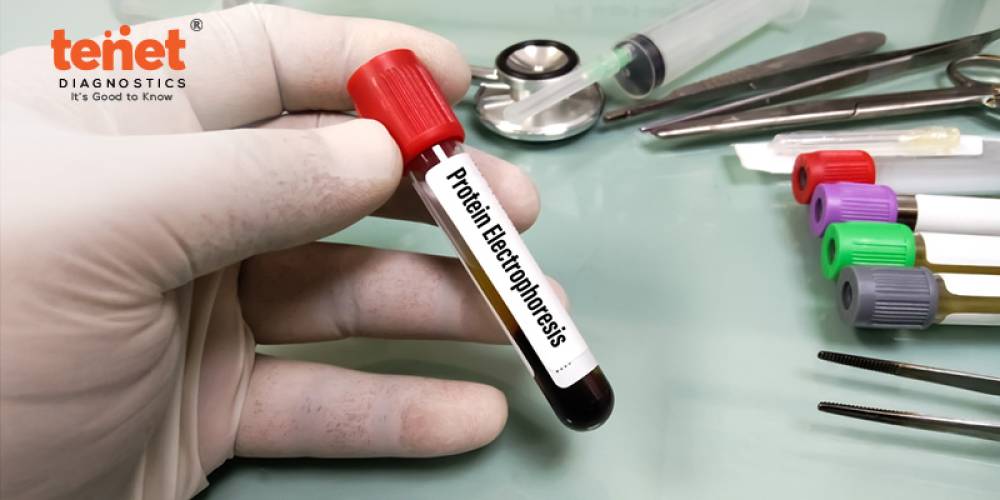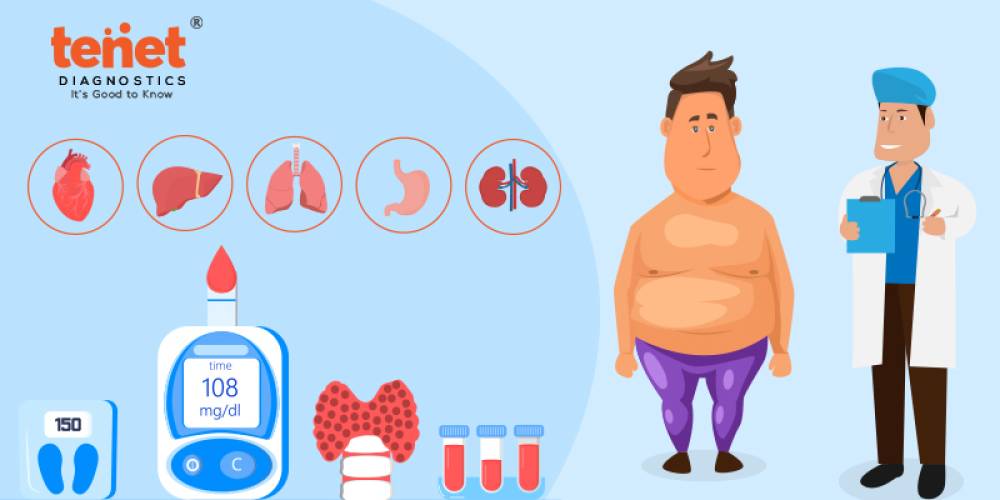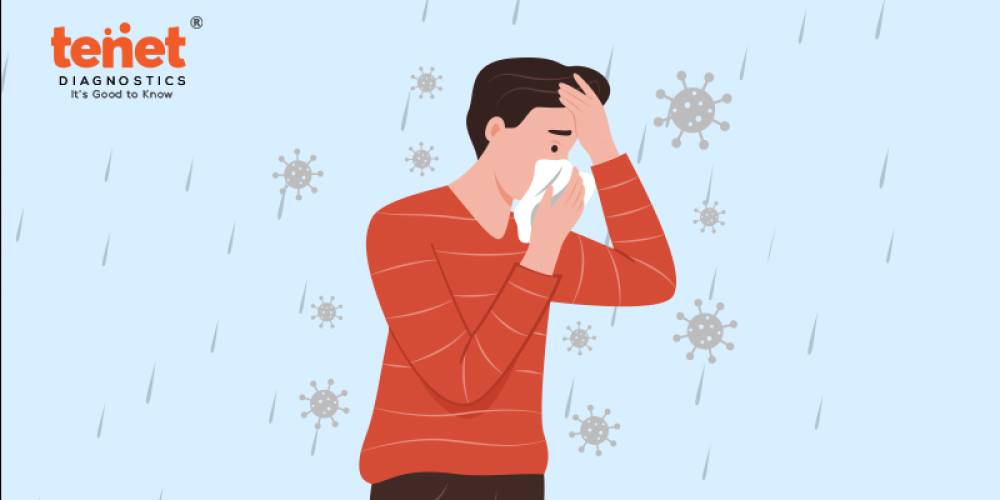The immune system creates autoantibodies called antinuclear antibodies (ANAs) that wrongly target and destroy the body's own cells' nucleus. An autoimmune disorder, a condition where the immune system assaults healthy cells and tissues, might be indicated by the presence of ANAs in the blood. An ANA test is a diagnostic procedure to find and quantify these antibodies in a person's blood. This blog will discuss the antinuclear antibodies test in detail, including its function, methodology, results interpretation, associated disorders, and involvement in diagnosing autoimmune diseases.
What Are Antinuclear Antibodies?
White blood cells in your immune system produce antibodies, which are proteins. Antibodies support defense against pathogens that cause sickness or infection, such as viruses and bacteria. Antibodies can erroneously attack your cells. Autoantibodies are the name for these antibodies. An autoantibody specifically targeting a cell's nucleus is called an antinuclear antibody. DNA, which carries instructions for the cell, is found in the nucleus. Your immune system can start attacking its own body if enough antinuclear antibodies are present. A diagnosis of an autoimmune disease may be indicated by high levels of ANAs in your blood.
On the other hand, not everyone with antinuclear antibody test positive result have an autoimmune disorder. Up to 30% of healthy individuals have ANA levels that can be detected. They can also be found in patients with viral infections and taking specific drugs.
Uses Of ANA Test
ANAs can be found in a variety of circumstances. Your doctor does not use an ANA test to identify an autoimmune condition. However, they can utilize the outcomes of an ANA test to determine your potential condition. The following autoimmune disorders can result in a positive ANA test:
1.Systematic Lupus Erythematosus
Lupus, or systemic lupus erythematosus (SLE), is an inflammatory condition. It results in organ damage, rashes on the skin, joint discomfort, fever, weakness, and exhaustion.
2.Scleroderma
Your skin and tissues will abnormally thicken and stiffen due to this unusual disease. Additionally, it may impact your digestive system, lungs, kidneys, heart, blood vessels, muscles, and joints.
3.Polymyositis
Polymyositis is a condition that affects your muscles and causes weakness and inflammation. The muscles nearest to your trunk are typically affected.
4.Dermatomyositis
People who have polymyositis-like symptoms, as well as skin involvement, such as a scaly rash, swelling, and purple spots, are said to have dermatomyositis.
5.Mixed connective tissue disease (MCTD)
MCTD has characteristics in common with polymyositis, scleroderma, and SLE. These disorders' symptoms typically don't manifest simultaneously. Instead, they happen sequentially over a long period.
6.Juvenile Idiopathic Arthritis
JIA, also known as juvenile-onset idiopathic arthritis, is a form of arthritis that can have various effects on your joints. Their knees, hands, wrists, and other joints might be harmed. Additionally, it can impact your skin, eyes, lungs, heart, and blood.
The effectiveness of the medicine may be monitored with periodic laboratory testing if your child has lupus and is receiving an immunosuppressant. However, they usually refrain from repeating the ANA or using it to gauge disease activity.
Who Needs to Undergo the ANA Test?
If you experience any of the following signs of an autoimmune disease, your doctor may recommend an ANA test:
1.Discomfort, stiffness, or swelling in the joints or the muscles
2.Tiredness
3.Persistent or recurring fever
4.A butterfly-shaped red rash over the cheeks and bridge of the nose
5.Weakness
6.Sensitivity to light
7.Tingling and numbness in your hands or feet
8.Hair fall
Antinuclear Body Test Procedure
A lab technician will draw a sample of your blood, typically from an arm vein. Your upper arm will be bound with a band to cause a blood clot and vein swelling. They will next use an antiseptic to disinfect the region before sticking a needle into your vein. Your blood will gather in a tube or vial.
It should take a few minutes to perform the blood test. Once the blood has been obtained, the needle and band will be taken out, and the area will be covered with gauze and a bandage. The blood sample will be examined at a lab. The lab will analyze your blood to discover if it contains antinuclear antibodies.
Final Words
The antinuclear antibodies (ANA) test is a crucial diagnostic method for autoimmune diseases. This study aims to uncover autoantibodies that mistakenly attack the body's own cell nuclei, which will shed light on probable autoimmune disorders. The test includes drawing blood, and the titers and distinct patterns of the results help interpret possible autoimmune diseases. Several autoimmune diseases, such as systemic lupus erythematosus, rheumatoid arthritis, and Sjögren's syndrome, are linked to elevated ANA levels. The ANA test is crucial to the diagnosis process since it serves as a screening tool and an essential indicator for medical practitioners to identify autoimmune illnesses and develop patient-specific treatment regimens. Effective diagnosis and management of autoimmune disorders depend on a thorough understanding of the relevance and implications of the ANA test.

